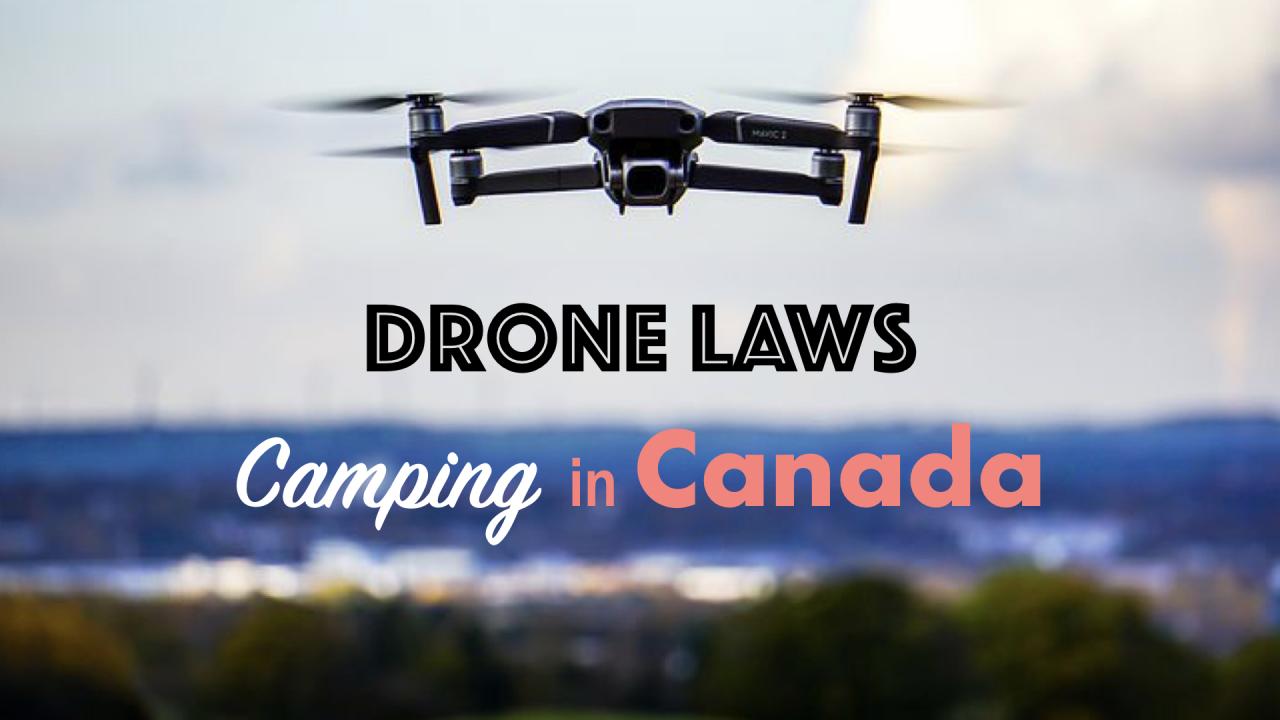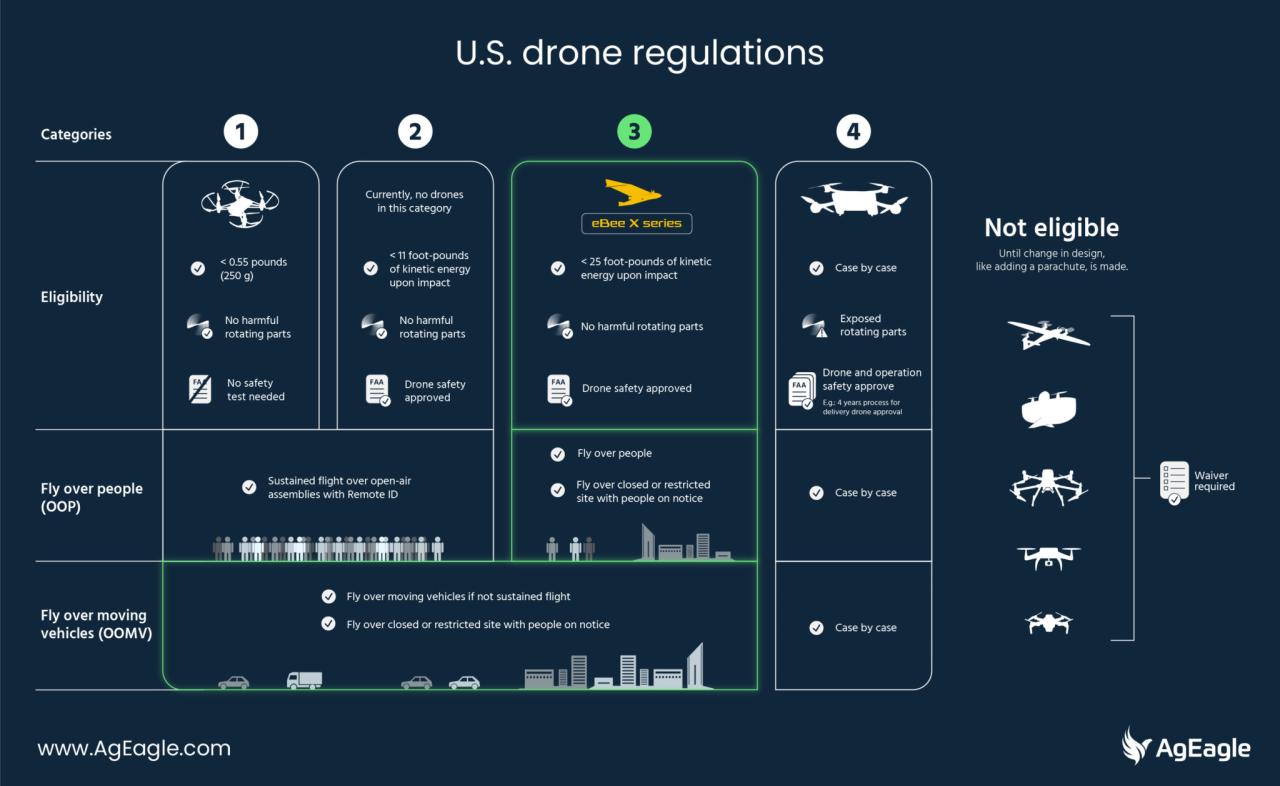New Drone Rules Canada have significantly changed the landscape of drone operation. These updated regulations aim to improve safety, security, and responsible use of drones across the country. The changes impact recreational and commercial pilots alike, introducing stricter rules about registration, flight limitations, and penalties for violations. Understanding these new rules is crucial for anyone operating a drone in Canada, ensuring safe and legal operation.
Okay, so Canada’s got some new drone rules you need to know about – things like registration and flight restrictions. But to see what’s possible with drones on a larger scale, check out the amazing drone light shows happening elsewhere, like the shanghai drone show 2027. It’s inspiring to see what future tech might look like, and then you can come back and properly navigate the new Canadian regulations.
This guide provides a comprehensive overview of the key changes, explaining the rationale behind them and offering practical advice for compliance. We’ll cover everything from registration and licensing to operational restrictions and safety protocols, helping you navigate the new regulatory environment with confidence.
Understanding Canada’s New Drone Regulations
Canada’s drone regulations have been updated to enhance safety and security. This article provides a comprehensive guide to the new rules, covering registration, operational restrictions, safety protocols, penalties, and the impact on commercial drone operations.
Overview of New Drone Regulations in Canada
The key changes in Canada’s updated drone regulations aim to improve airspace safety and responsible drone operation. These changes affect various drone categories, from small recreational drones to larger commercial models. The rationale behind these updates is to prevent accidents, protect privacy, and manage the increasing use of drones in Canadian airspace.
Drone Registration and Licensing Requirements
Registering your drone in Canada is a crucial step for both recreational and commercial users. The registration process involves providing specific information about your drone and yourself to Transport Canada. Drones exceeding a certain weight or those used for commercial purposes require registration. Recreational drone operation typically requires only registration, while commercial use necessitates additional licensing and certifications.
| Drone Type | Registration Fee | Required Documentation | Notes |
|---|---|---|---|
| Recreational Drone (under 25kg) | $5 CAD | Drone serial number, owner information | One-time fee |
| Commercial Drone (over 25kg) | $100 CAD | Drone specifications, pilot certifications, operational plan | Annual renewal required |
Operational Restrictions and Flight Limitations, New drone rules canada
Several geographical areas have restrictions or outright prohibitions on drone flights. These include airports, military bases, and areas with high population density. Rules also govern proximity to sensitive infrastructure like power lines and hospitals. Drone altitude and distance from the operator are also strictly regulated, with limits varying depending on the drone’s size and operational context. Flying a drone beyond visual line of sight (BVLOS) without the necessary authorization is strictly illegal.
Canada’s new drone rules are pretty strict, focusing on safety and responsible operation. Thinking about the innovative tech involved, it’s interesting to consider how these regulations might apply to something like a ukrainian sea drone , which presents unique operational challenges. Ultimately, understanding these new rules is key for anyone flying drones, regardless of their size or intended use.
Examples of illegal operations include flying over crowds, near emergency response situations, or within restricted airspace without permission.
Safety and Security Protocols for Drone Operation

Safe drone operation requires maintaining adequate distances from people and property. Operators must always be aware of their surroundings and avoid endangering others. In low-visibility conditions, such as at night or in fog, additional precautions are required, often prohibiting flight altogether. Secure drone operation involves protecting the drone from unauthorized access and interference, including measures to prevent hacking or data breaches.
- Pre-flight checklist: Inspect the drone for damage, check battery levels, review flight plan, ensure registration is valid.
- During flight: Maintain visual contact with the drone, avoid flying near obstacles or people, be aware of weather conditions.
- Post-flight checklist: Secure the drone, download flight data, review flight logs for anomalies.
Penalties and Enforcement of Drone Regulations

Violating Canadian drone regulations can result in significant penalties, including fines and potential criminal charges. Transport Canada and law enforcement agencies actively monitor drone operations to ensure compliance. Past cases demonstrate that serious violations can lead to substantial financial penalties and even imprisonment.
| Violation | Penalty (Example) | Enforcement Agency | Notes |
|---|---|---|---|
| Flying in restricted airspace | $3,000 – $25,000 fine | Transport Canada, RCMP | Depending on severity |
| Operating an unregistered drone | $500 – $1000 fine | Transport Canada | Typically a warning for first offense |
Impact of New Rules on Commercial Drone Operations

The new regulations have a significant impact on commercial drone businesses, necessitating compliance with stricter safety and operational standards. While the rules might initially increase operational costs, they also enhance the credibility and safety of the industry, potentially leading to long-term growth. Compared to other countries, Canada’s regulatory framework is relatively robust, emphasizing safety and responsible operation. Special permits or exemptions for specific commercial applications can be obtained through Transport Canada.
Resources and Further Information for Drone Operators
For detailed information, consult Transport Canada’s website and official publications. Numerous organizations offer drone safety training and certification programs.
- Frequently Asked Questions:
- Q: What is the maximum weight for a drone that doesn’t require registration? A: Under 25kg for recreational use.
- Q: Where can I find information about restricted airspace? A: On the Nav Canada website and Transport Canada’s drone website.
- Q: Do I need a license to fly a drone commercially? A: Yes, you need a Special Flight Operations Certificate (SFOC).
Visual Representation of Drone Flight Path Near Restricted Area: Imagine a drone’s flight path approaching a restricted airport zone. The path would be depicted as a curved line, gradually diverging from the airport boundary to maintain a safe distance. The line would show a consistent increase in altitude as it moves away from the restricted area, ensuring compliance with height restrictions and avoiding the airport’s airspace.
Concluding Remarks

Navigating the new Canadian drone regulations can seem daunting, but with careful planning and a thorough understanding of the rules, safe and responsible drone operation is achievable. Remember to always prioritize safety, adhere to all regulations, and stay updated on any future changes. By doing so, you contribute to a safer airspace for everyone and help foster the responsible growth of the drone industry in Canada.
User Queries: New Drone Rules Canada
What types of drones require registration?
Generally, drones weighing over 250 grams require registration.
Okay, so Canada’s got new drone rules, right? You gotta know the regulations before you fly. Thinking about big drone shows though? Check out the amazing spectacle of the shanghai dragon drone show to see what’s possible with coordinated drones. It’s a great example of what careful planning and adherence to regulations can achieve, which is super important when considering Canada’s new drone laws.
What happens if I fly my drone near an airport?
Flying near airports is strictly prohibited without proper authorization. Penalties can be significant.
Where can I find more information about obtaining a Special Flight Operations Certificate (SFOC)?
Transport Canada’s website provides detailed information and application processes for SFOCs.
Are there specific rules for night flights?
Yes, night flights usually require additional permissions and may have stricter operational guidelines.
What are the penalties for operating a drone illegally?
Penalties can range from fines to criminal charges depending on the severity of the violation.
